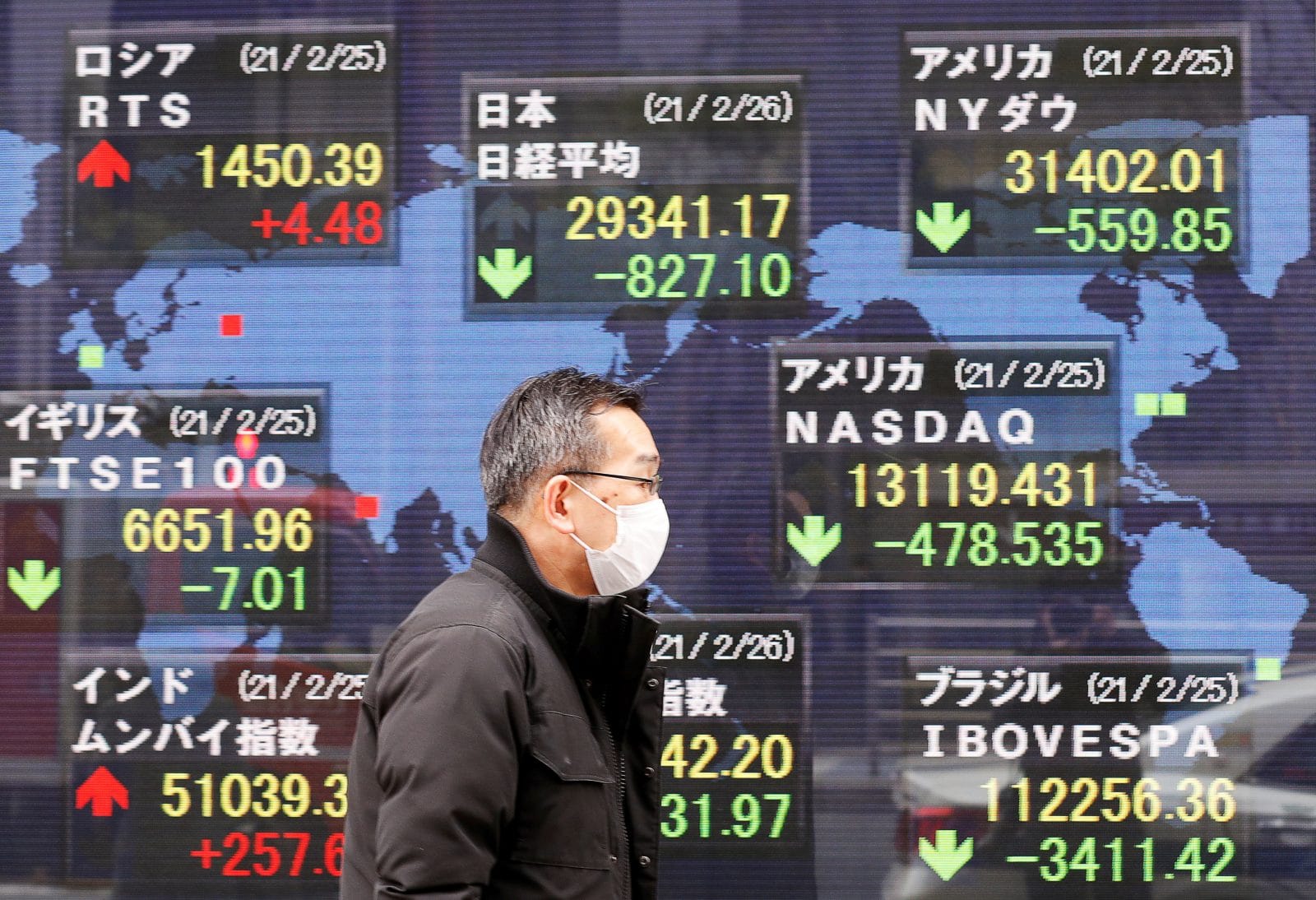Publisher: Maaal International Media Company
License: 465734
S&P: Gulf Banks Resilient to US Tariffs
اقرأ المزيد
Escalating global trade tensions are negatively impacting global credit conditions and threatening an environment that was, until recently, favorable for most borrowers, according to a report by global credit rating agency Standards & Poor’s.
If the US administration implements the suspended tariffs at the rates initially announced, the economic repercussions will be broad and profound.
In any case, the announced suspension of tariffs for all countries except China extends to 90 days, and the prevailing uncertainty is likely to further deteriorate business and consumer confidence and increase concerns about corporate investment, employment, consumer spending, and overall economic activity.
In this context, Standard & Poor’s examined potential credit risk transmission channels for banks in the Gulf countries. Based on the agency’s hypothetical stress scenarios, banks appear to be well-positioned to handle the potential repercussions, thanks to their strong levels of liquidity, profitability, and capital. However, the agency said that the most pressing threats to Gulf banks are market volatility and investor incursions. However, banks in the region are well-positioned to withstand these threats, and investment portfolios held by Gulf banks typically represent between 20 and 25% of their total assets. High-quality fixed-income instruments dominate Gulf banks’ assets, with a low contribution from riskier investments.
A few days ago, Kristalina Georgieva, Managing Director of the International Monetary Fund, predicted that the IMF would revise and lower its forecasts for the global economy amid escalating trade tensions and radical shifts in the global trading system, but she does not expect a global recession.
Georgieva added that countries’ economies are facing a difficult test due to the reboot of the global trading system in recent months as a result of US tariffs and retaliatory measures from China and the European Union, which have unleashed “unprecedented” trade policy uncertainty and extreme volatility in financial markets. “Disruptions carry costs. Our new growth forecasts will include significant price reductions, but not a recession,” she continued, adding that the forecasts will also include expectations of higher inflation in some countries.








